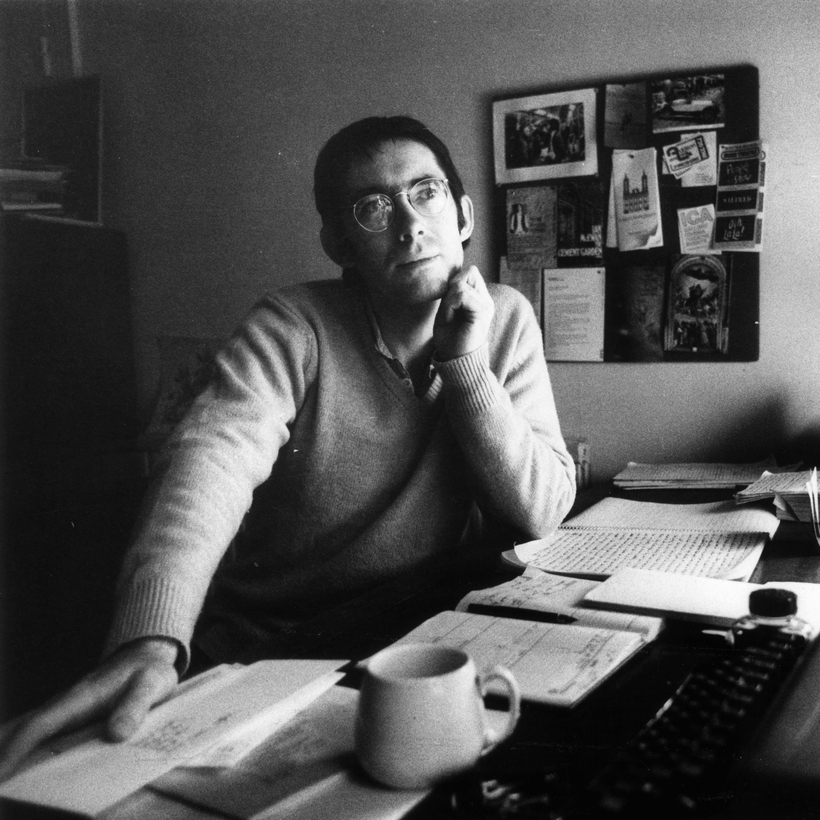It’s a radiant morning in Fitzrovia, central London. Hydrangeas spill from outdoor pots and a crocodile of high-energy, hi-vis-wearing primary schoolchildren ripples along the cobbled street, squealing with laughter. Upstairs, in the living room of Ian McEwan’s stylish mews house, the windows are wide open. A bird darts in and out. As this pleasing scene unfolds, a sense of unease begins to flood our conversation. Britain’s national novelist is weighing up our chances of total annihilation.
“I think it would take a lot to create human extinction,” McEwan, 77, reassures me in his measured, professorial voice. “There are too many of us in too many corners.” And then, riffing off Adam Smith, he adds: “There’s a lot of ruin in a planet and we can do terrible things to it.”

